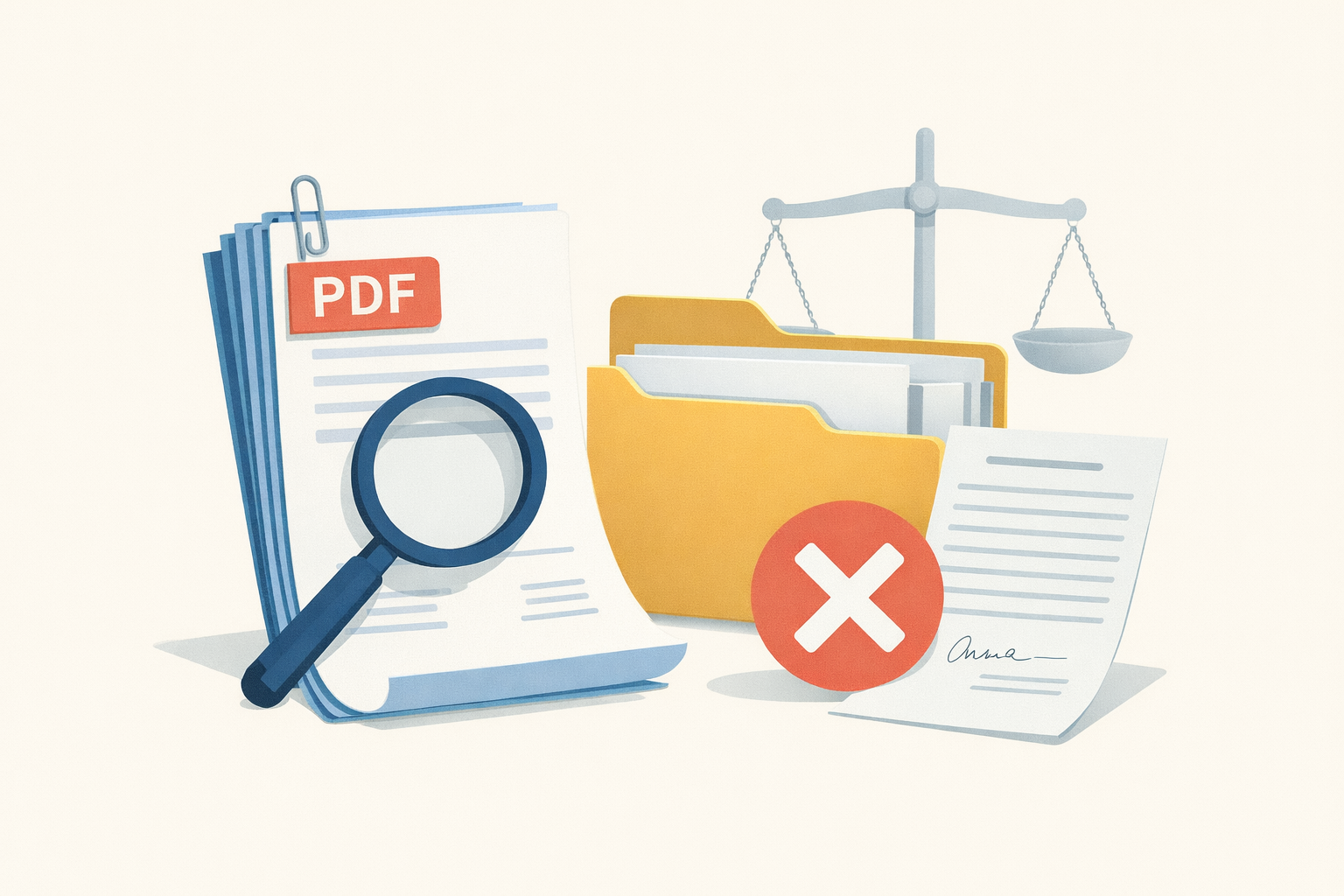Google is facing sanctions of $10,000 a day for refusing to turn over documents that could be stored on foreign-based servers—sanctions that were imposed on Google’s own request.
The tech giant is in the unenviable position of inviting the court to sanction it, in order to fend off a potentially worse fate: an evidentiary hearing and the possibility that the court could demand more than just a few thousand a day while Google appealed.
Microsoft Won, But Google Hasn’t
The case is one of several in a recent rash of litigation over the reach of search warrants issued under the Stored Communications Act. The SCA governs disclosure of stored communications held by third-party internet service providers. In July, 2016, Microsoft won a landmark case challenging such warrants in the Second Circuit. In that case, Microsoft v. United States, Microsoft became the first company to successfully challenge a domestic search warrant’s applicability to data held in a foreign country, with a unanimous three-judge panel ruling that “Congress did not intend the SCA’s warrant provisions to apply extraterritorially.”
“The focus of those provisions,” Second Circuit Judge Susan L. Carney wrote, “is protection of a user’s privacy interests. Accordingly, the SCA does not authorize a US court to issue and enforce an SCA warrant against a United States-based service provider for the contents of a customer's electronic communications stored on servers located outside the United States.”
That decision narrowly evaded a rehearing en banc this past January, when the Second Circuit deadlocked 4-4 on whether to reconsider that decision. The case was recently taken up by the Supreme Court, and the outcome could have a significant impact on international investigations, the reach of government warrants, and, of course, user privacy in the cloud age.
But, despite Microsoft’s wins in the Second Circuit, Google has repeatedly failed to convince courts to follow that circuit’s lead. In February, for example, U.S. Magistrate Judge Thomas J. Rueter, of the Eastern District of Pennsylvania, ruled that Google must produce ESI which could have been stored abroad.
A major differentiating factor has been the technology behind each company's storage sytems. As opposed to Microsoft, who knew that the requested ESI was housed on its servers in Dublin, Google's storage algorithm constantly shifts data around the globe, leaving the company unable to determine the location of the requested data at any single time.
After Pennsylvania, Google more recently failed to convince a judge in the Northern District of California to quash an SCA warrant for potentially foreign-stored emails. (That warrant was issued by U.S. Magistrate Judge Laurel Beeler who fittingly once told Logikcull that "sometimes, lawyers don't know where stuff is kept"—though she probably didn't have Google's storage algorithm in mind.)
In August, Judge Richard Seeborg ruled that executing the warrant would not be an impermissible, extraterritorial application of the SCA, since the conduct needed to comply with the warrant—namely, searching, accessing and retrieving the communications—would all take place in the United States.
Google Gets Its Fine
It is that ruling that led Google to ask for the $10,000-a-day sanctions. Google moved to be held in civil contempt of the court’s order to produce the documents, in order to appeal to the Ninth Circuit. The government, however, sought an evidentiary hearing to determine the sanction most appropriate for coercing Google’s compliance with the order. Such a hearing was needed to “assess the equities at stake” and “devise an appropriate sanction,” the government argued.
As the court explained:
Google, the government contends, has resisted compliance with the search warrant at every turn. It has given little weight to the government's countervailing interest in stopping criminal activity. It also has offered inadequate assurances that all of the data subject to the search warrant has been effectively preserved. It is unclear, the government asserts, why Google has behaved as it has and thus it is difficult, without a more substantial evidentiary record, to devise a sanction that the Court can be confident will secure compliance.
Here, at least, Google won out. Last Thursday, the court ruled in Google’s favor, accepting the proposed fine and denying the government’s request for an evidentiary hearing.
While the fine Google proposed, the court explained, “at first blush... may seem like a small amount to a company of Google's resources,” when viewed cumulatively, it was sufficiently coercive. Not only would Google owe $3.6 million at the end of a year, it would face similar sanctions for refusing to comply with similar warrants issued in other districts. “Imposing a more severe sanction,” Judge Seeborg reasoned, “runs the risk of being more than the ‘minimum necessary to secure compliance.’”
The court thus held the company in contempt and imposed the $10,000 daily sanction, ordering Google to preserve all information requested by the search warrant while the dispute continues.
In the meantime, the case could soon head up to the Ninth Circuit. That is, unless the Supreme Court settles the issue first.
This post was authored by Casey C. Sullivan, who leads education and awareness efforts at Logikcull. You can reach him at casey.sullivan@logikcull.com or on Twitter at @caseycsull.




